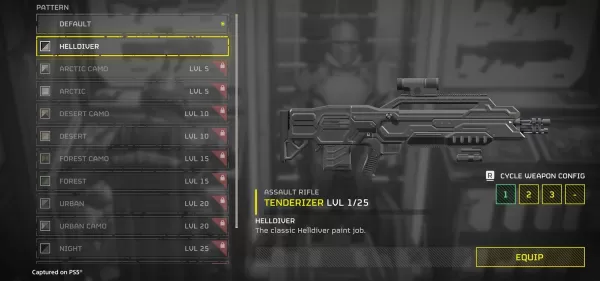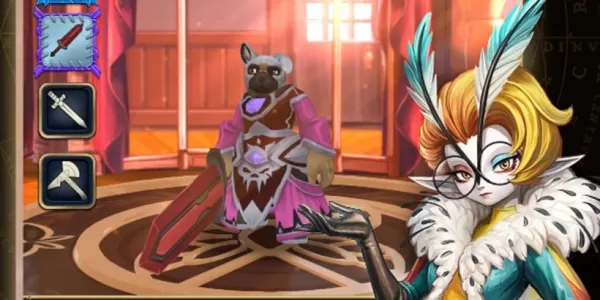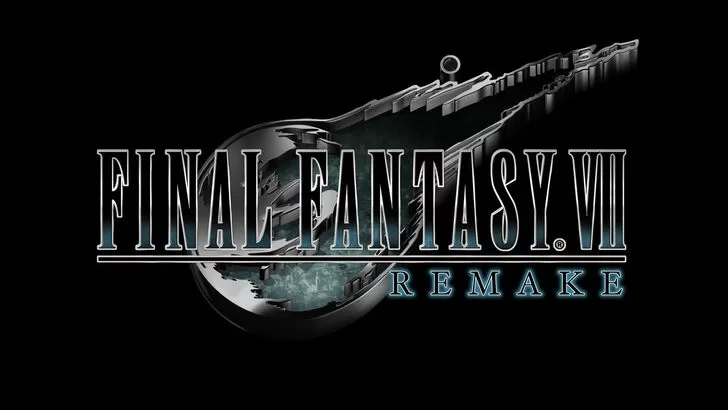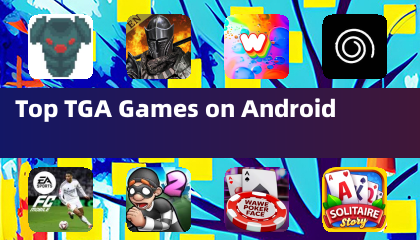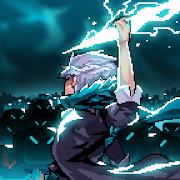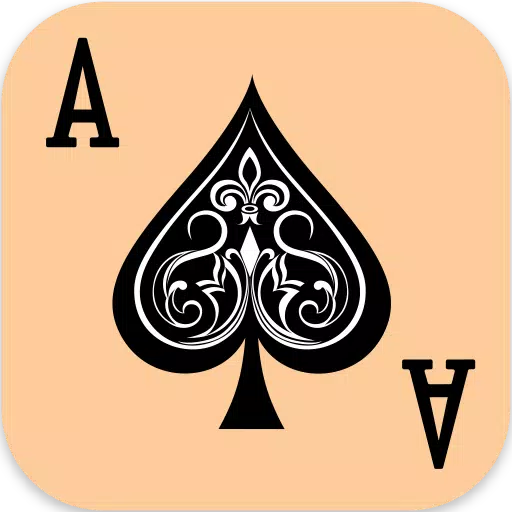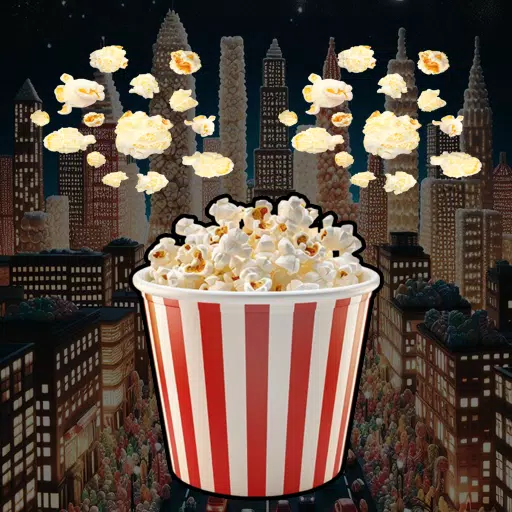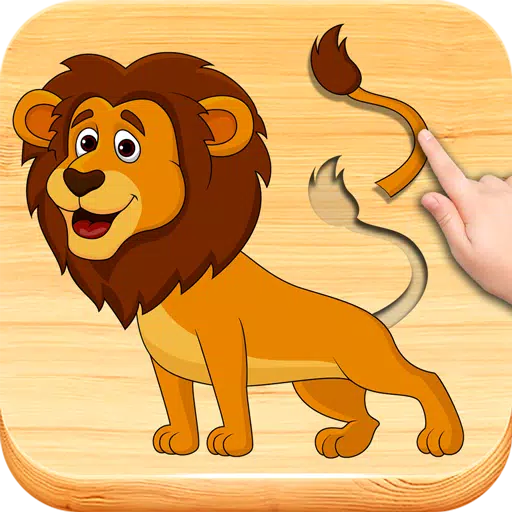Nintendo has long been known for its aggressive stance against emulation and piracy, a reputation that was underscored by several high-profile legal actions in recent years. In March 2024, the developers of the Nintendo Switch emulator Yuzu were hit with a $2.4 million damages order following a settlement with Nintendo. This was followed by the cessation of development for another Switch emulator, Ryujinx, in October 2024, after the developers received "contact from Nintendo." Additionally, in 2023, the team behind the Gamecube and Wii emulator Dolphin was advised against a full Steam release by Valve's lawyers, who had been contacted by Nintendo with strong legal warnings.
In a notable case from 2023, Gary Bowser, involved in reselling Team Xecuter products that enabled users to bypass Nintendo Switch's anti-piracy measures, was charged with fraud and ordered to repay Nintendo $14.5 million—a debt he will be paying for life.
At Tokyo eSports Festa 2025, a panel discussion highlighted Nintendo's ongoing efforts to combat piracy and emulation. Koji Nishiura, a patent attorney and Assistant Manager of Nintendo's Intellectual Property Division, provided insights into the company's legal approach. He noted that while emulators themselves are not inherently illegal, their use can become illegal if they involve copying game programs or disabling console security mechanisms. This stance is influenced by Japan's "Unfair Competition Prevention Act" (UCPA), which, however, limits Nintendo's ability to enforce these laws outside of Japan.
During the event, Nishiura referenced the example of the Nintendo DS "R4" card, which enabled users to run pirated games. After a collective outcry from Nintendo and 50 other software manufacturers, the Japanese courts ruled in 2009 that the R4 violated the UCPA, effectively banning its sales.
Nishiura also touched on "reach apps," third-party tools like the 3DS's "Freeshop" or the Switch's "Tinfoil," which facilitate the download of pirated software within emulators or other software. These tools are considered to infringe on copyright laws.
In the Yuzu lawsuit, Nintendo highlighted the severe impact of piracy, claiming that The Legend of Zelda: Tears of the Kingdom was pirated over one million times. They further alleged that Yuzu's Patreon page, which offered subscribers "daily updates," "early access," and "special unreleased features" for games, enabled the developers to earn $30,000 monthly, exacerbating the piracy issue.
Nintendo's proactive legal strategy underscores its commitment to protecting its intellectual property and maintaining the integrity of its gaming ecosystem.

 LATEST ARTICLES
LATEST ARTICLES 